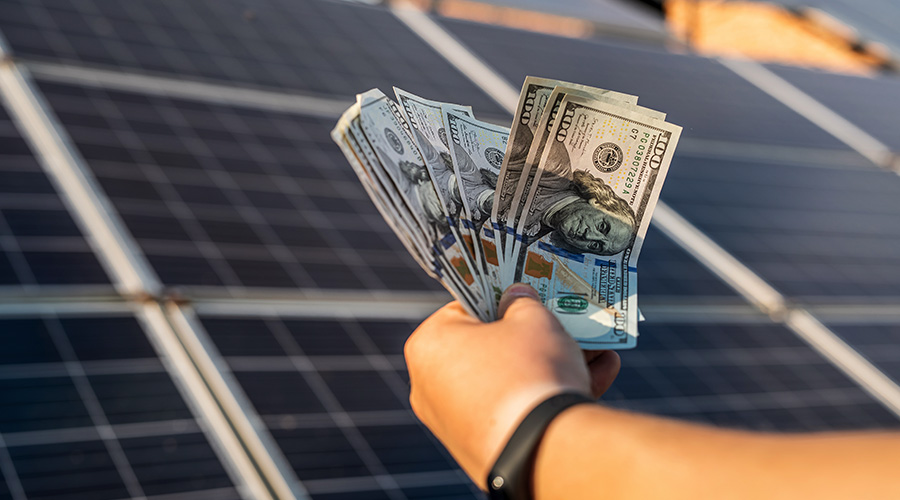Report: Economic Gains From Energy Efficiency Programs Underestimated
Energy efficiency can contribute to the growth of state economies, and, by extension, to the United States as a whole, according to a sweeping new report of 48 state and regional energy efficiency studies by the American Council for an Energy-Efficient Economy (ACEEE).
Energy efficiency can contribute to the growth of state economies, and, by extension, to the United States as a whole, according to a sweeping new report of 48 state and regional energy efficiency studies by the American Council for an Energy-Efficient Economy (ACEEE).
The
review of 48 state- and regional-level efficiency potential studies performed over the last 16 years, concludes that energy efficiency will result in a small but net positive benefit for the American economy as a result of policies that emphasize investment-led energy efficiency improvements.
These studies can inform the direction the United States must take to ensure viable energy security and climate change solutions, according to the report.
"Energy efficiency can provide a significantly large contribution toward stabilizing energy prices and limiting emissions of greenhouse gases," says John A. "Skip" Laitner, ACEEE Director of Economic Analysis and lead author of the new report. "It is important for policymakers to realize both the scale of this opportunity and the positive economic benefits provided by an emphasis on greater energy productivity."
However, most national energy modeling assessments fail to highlight energy efficiency's contribution. Therefore, such assessments tend to overstate the costs associated with energy and climate change policies. By offering a review of studies that utilize energy efficiency within their analyses, this report highlights the future direction that national-level policy assessments should take. If the energy efficiency resource were properly characterized and represented within the national-level economic models, the estimated costs of energy and climate change policy would fall, while the benefits, net job creation, and savings for consumers would rise.
"As it becomes more apparent that climate change legislation must be enacted, it is critically important for policymakers to be informed about energy efficiency's contribution to the solution," says ACEEE Researcher Vanessa McKinney, co-author of the report. "It is very clear that policymakers are not getting the full picture when energy efficiency's potential is omitted from policy assessments."
Key findings of the report include:
—The set of studies reviewed in this report demonstrate an average of 23 percent efficiency gain with a nearly 2 to 1 benefit-cost ratio;
—A 20 percent efficiency gain by 2030 could provide an estimated 800,000 net jobs while a 30 percent efficiency improvement might generate as many as 1.3 million net jobs; and
—Efficiency-led policies, in effect an emphasis on greater energy productivity, would likely increase the nation's economy (as measured by our Gross Domestic Product, or GDP) by about 0.1 percent by 2030.
"This analysis clearly indicates that energy efficiency offers the potential to grow the economy and jobs, not harm them," says ACEEE Executive Director Steven Nadel. "As a result, energy efficiency investments are probably the best, first strategy for minimizing the costs of climate policies at both the state and federal levels."
Related Topics:











